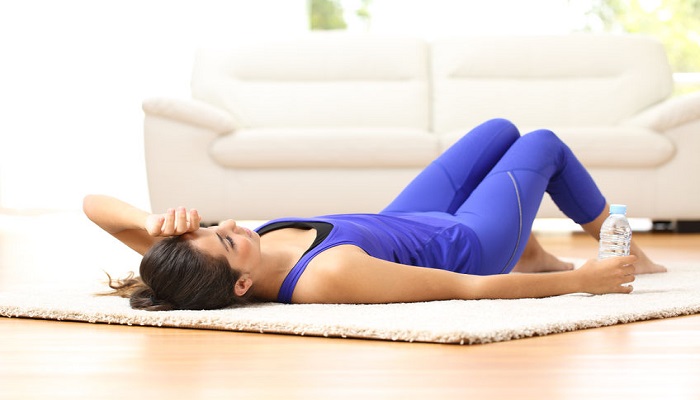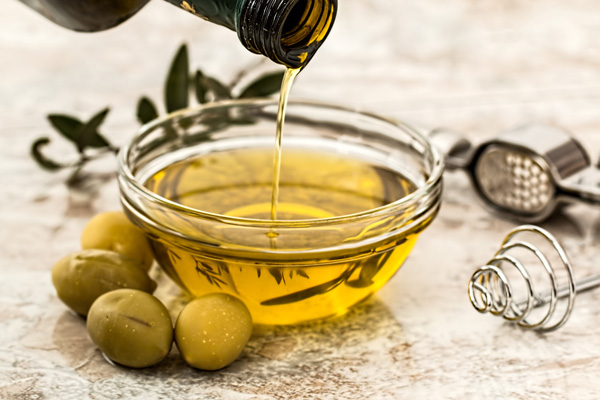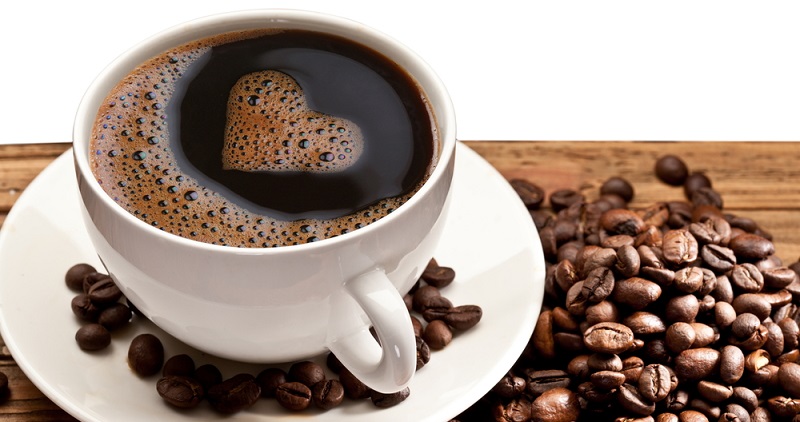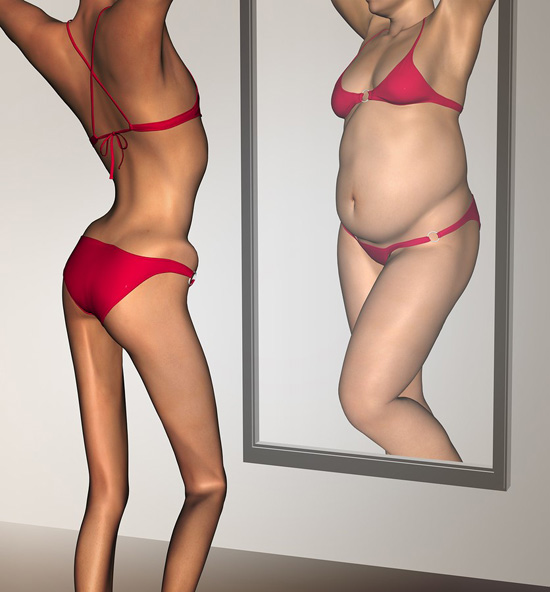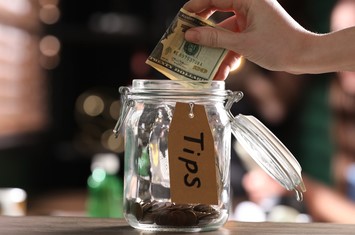Curb Unhealthy Eating Behavior That Can Affect Fitness
Curbing unhealthy eating behavior doesn't always require a drastic change, and the results may be quickly noticeable. The benefits in the way you feel, both inside and out, far outweigh the momentary withdrawals from the addicting effect of foods that are killing you.
Some of these benefits include things such as: energy for everything, including those workouts you avoid because you don’t feel up to it; muscle growth and recovery; and mental clarity. Combine healthy eating with exercise, and you will be rockin’ a fitter body in no time.
Effects of Unhealthy Eating Behavior
We all know that unhealthy eating behavior is one of the causes of obesity. The latest figures from the CDC show that more than one-third of Americans are obese. Sadly, the number continues to increase every year.
Obesity is obvious; but, there are other signs of unhealthy eating habits such as muscle loss, osteoporosis, diabetes, high blood pressure, stroke, strain on bones, muscles and joints, and high cholesterol. These maladies are preventable; and diet, as the precursor, sheds light on the importance of making conscious choices about both what we eat and how much we eat.
If you want to live a long, healthy, productive, and independent life, you must consider your nutritional choices.
Solutions to Unhealthy Eating Behavior
Even small movements away from unhealthy eating behavior can make a big difference, such as breaking the habit of snacking while watching television. If you must satisfy the urge to chew on something, go for crunchy snacks such as veggies or fruit.
Choose healthy foods that you really enjoy eating; and don't wait until you're feeling so hungry that you grab something unhealthy or overeat at your next meal. Healthy eating includes snacks. The best plan to build on is one that you will stick to and becomes an overall lifestyle rather than a "diet".

Avoiding saturated and trans fats, simple carbs, and sugars can be achieved simply by making conscious choices such as reading labels and choosing whole, unprocessed foods.
After eating a meal or snack, your blood sugar naturally rises. After a few hours, as your blood sugar begins to fall, you begin to feel hunger.
Eating too many simple carbs (sugar) will impede your fitness progress and often leave you more tired and lethargic than before eating. However, with a little conscious effort you can replace these foods by planning healthier meals and snacks, and leaving the sweet treat as an occasional reward.
When you're looking for a snack, think protein first because it digests slowly and helps you feel fuller. High fiber and healthy fats are also good choices.
A good rule-of-thumb is that if it’s white, don’t eat it! Cut out the sugar, white
flour, potatoes, and white rice. With all of that said, are some recommendations for snacking.
- Keep nuts
on hand, and grab a handful when you feel an afternoon slump coming on.
These provide protein, longer lasting energy, and good fat.
- If you struggle to get the recommended daily
amount of vegetables, slice carrots, celery, cucumbers, peppers, and
other favorites ahead of time and reach for these before chips.
- Freeze fruit, such as grapes, which will keep them fresher for a quick snack at work.
- To save time, buy pre-packaged snacks, sliced apples and
convenient fruits (dried or frozen). Be sure to check the labels to
avoid added sugar.
- Instead of reaching for ice cream, try Greek yogurt topped with any of your favorite fruits and nuts. This will not only be healthier for you, but your gut will benefit from the probiotics. Just be sure to check the sugar content when purchasing yogurts.
Don’t Forget Water!
Don’t overlook hydration as an important element when leaving behind any unhealthy eating behavior. It isn’t uncommon for people to not know how much water they should be consuming. Waiting until you are thirsty is not the best way to monitor your water intake.
I never bought into the old 8-oz.-per-day recommendation. There is no one-size-fits-all because it depends on variables such as activity – and, the obvious, we are not all the same size.
If you have read enough of my website, you know that I like rules of thumb. They just make my life easier. So, here's another one of Bonnie’s little rules of thumb. Years ago, I was told that my daily intake in ounces should be equal to half my body weight in pounds. So, a 150-lb. person should consume about 75 oz. of water each day.
Thanks to my daughter's suggestion many years ago, I keep a 33.8 fluid-ounce bottle of water in my home, and refill it when necessary. It's a great reminder to drink water, and a way to keep track of my daily water intake.
More Topics That May Interest You
Some of the advertisers on my website are affiliate partners, which means that I may receive a small commission from any sale, at no extra cost to you.
For example, the Amazon affiliate advertising program is designed to provide a means for sites to earn fees by advertising and linking to amazon.com.
Your tips and purchases help to support this free-information website.
Thank you.
The content of this website is for informational purposes only and not intended to be taken as a replacement for professional medical advice, care, diagnosis or treatment by a doctor, dietitian, physical therapist, nutritionist or fitness instructor.
DO NOT BEGIN ANY EXERCISE PROGRAM WITHOUT CHECKING WITH YOUR DOCTOR FOR UNDERLYING CONDITIONS THAT MAY PREVENT YOU FROM DOING SO.
